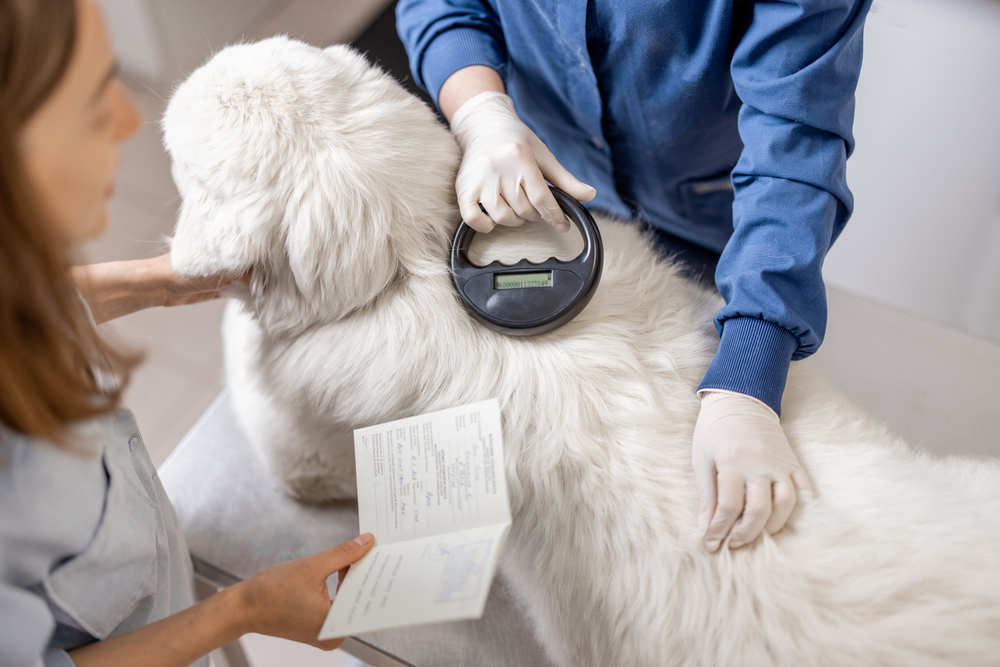
Getting a puppy excites, challenges, and lightens up your life. You acquire not only a pet but also a companion and a loyal friend. Your pup will learn to communicate and respond to you, doing their best to fit into your lifestyle. They will win over your mind and your heart.
Because of how close you will get to your fur baby, you will start worrying about it getting lost. It will not be an unfounded worry. In America, about a third of all dogs get lost at least once in their lifetime. Of these, about 80% are never found. Given this, it would be best to ensure you can find your doggo. That is why microchipping is so vital.
What Is Microchipping?
You may have seen a version of a microchip in some recent movies. In movies, rich people have them to ensure they are found in case they are kidnapped. This is pretty close to what a dog microchip does and works, except it is not as accurate. A microchip is a minuscule device that vets embed under your pet's skin.
It does not have a battery to produce a signal, like a phone. Instead, it is designed to respond to a specific frequency of radio waves. The chip turns on when a special scanner passes over it. It activates and relays the information on it to the scanner.
Microchip Implanting
Microchip implantation sometimes scares dog owners because the idea seems very painful. However, the process takes a very short time and uses a slightly larger needle. The hypodermic needle imparts the same pain as a regular injection. The implanting requires no anesthesia and can happen during a routine visit. Sometimes, the implant can happen when they are under for a different procedure like neutering.
Why Should You Microchip Your Pup?
Microchipping is essential because dogs get lost. Losing your dog will impact you significantly. A dog does not have all the liberties and privileges to ask for directions when they are lost. Usually, your dog will end up in one of the many animal shelters around the state. The problem is that about nine million pets that end up in a shelter are killed. It mainly happens when they have no details. Microchipping not only gets your pet back but also saves their life.
What Is in a Microchip?
The microchip contains an actual identification number that is unique to your pet. When the shelter scans the chip, they use the number to access your contact information from a central database. Some microchip companies also let you store your pet's medical information in the database in case of emergencies in your absence.
Can Someone Use Your Dog’s Microchip to Find You?
The information about you on your dog's microchip is limited to just your contact. The manufacturing companies also ensure that not everyone can scan the information.
For more on the best age to microchip a puppy, visit Shore Pet Surgery at our office in Grasonville, Maryland. Call (410) 202-0600 or (410) 827-6464 to book an appointment today.





